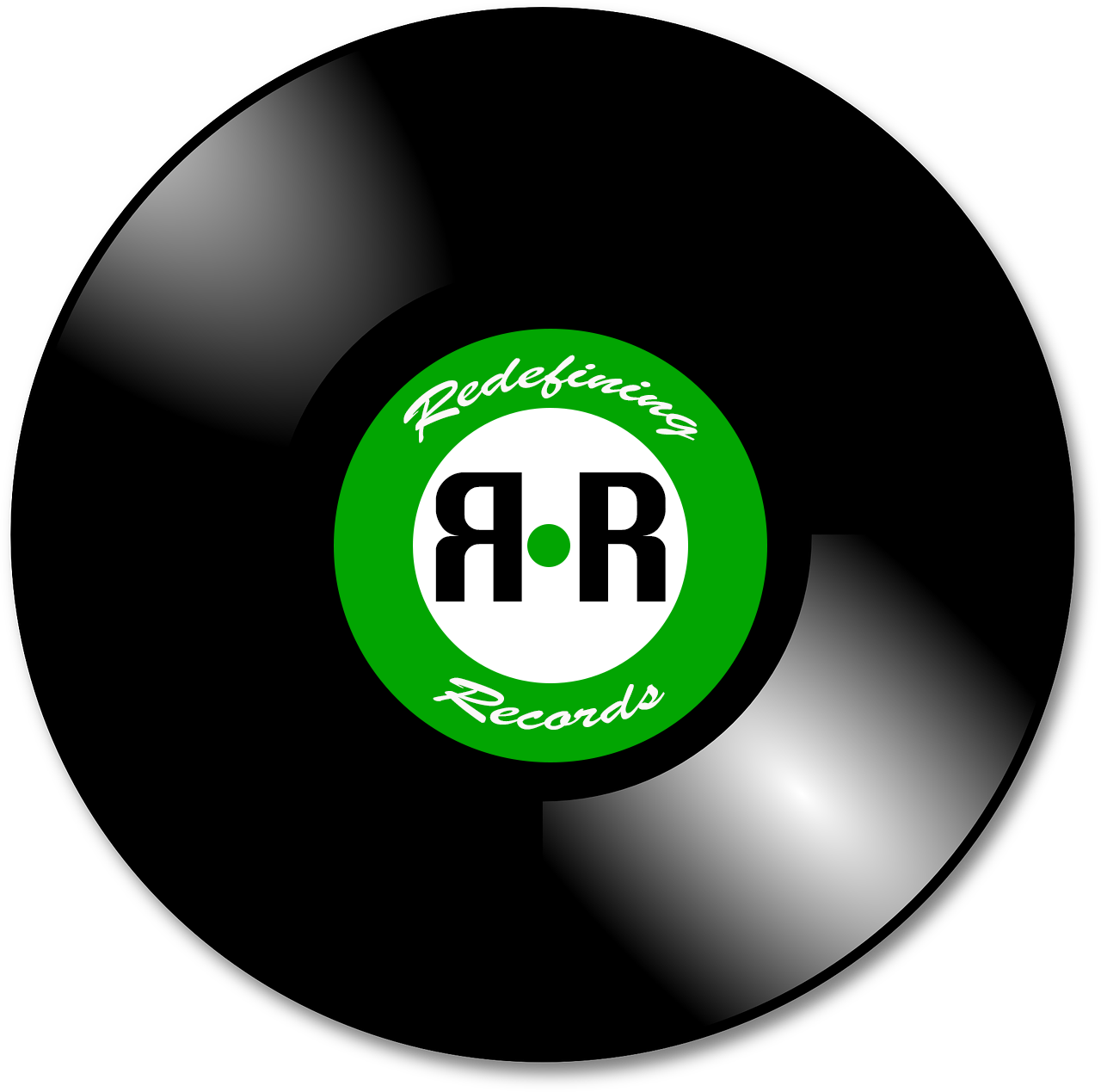Pure Comedy

Father John Misty
Recommended For:
Indie music fans
Folk & folk rock fans
People who prefer the speaking part over the lead guitar
Pros:
Sharp, witty lyricism (as expected)
Beautiful instrumentation throughout
Cons:
Can come off incredibly pretentious to some
Josh Tillman has released his third studio album as his alias Father John Misty. Tillman has gained considerable attention for his characteristically cynical, witty, and ever-so-sarcastic style/persona that comes across in the music of Father John Misty. His last album, I Love You, Honeybear, gathered mass critical acclaim from virtually all music publications and was included on the shortlist of many of their “best of” lists of 2015 albums. Father John Misty returns in 2017 with the 74 minute long album Pure Comedy.
Father John Misty’s sermon is back in session, and he’s got a lot to say. Just two years after presenting us the fantastic album that was I Love You, Honeybear, Josh Tillman returns with a huge batch of songs. And this batch of songs entitled Pure Comedy is a very good batch. This album is chock-full of instrumentation and production that is sometimes beautiful and grand, sometimes quiet and subdued, and sometimes ambient and spacy, but they’re always accompanied by the witty, impudent lyrics of Josh Tillman.
Father John Misty tackles a large amount of issues including religion, technology, the state of humanity, the meaning of life, and himself as well. Songs like “A Bigger Paper Bag,” “Smoochie,” and “Leaving LA” are much more personal than the majority of the album. “A Bigger Paper Bag” is a personal favorite of mine on this album, which discusses Tillman’s alcohol problems and narcissism. This song is waltzy and dozy, and features some interesting sounding strings that sound somewhat old-timey and sampled in the opening bars of the song. Tillman seems to struggle to contain his ego, which is further fueled by alcohol and yes-man friends. “Leaving LA” is another one of the many standouts on Pure Comedy. This song is a chorusless, 13 minute, “10 verse diatribe” where Tillman critiques the culture of LA and deeply analyzes his own music and himself as an artist and the character of Father John Misty. Part of this self-analysis includes him wondering how much more room the world has for another self-righteous, incredibly serious, folk singer-songwriter, as well as fear of his fan base abandoning him.
The majority of this album, however, focuses on the larger scale of things. Songs like the opener “Pure Comedy” and “When the God of Love Returns There’ll be Hell to Pay,” explore human nature and its relationship to religion. Tillman makes his plea with God in the latter song, asking how God can judge humans when they behave so similarly to him. People’s relationship to technology is explored in “Total Entertainment Forever,” painting an odd, dystopian future where everyone is glued to their “hubs” and are replete with happiness because of their technology addiction until the day they die. Another one of my favorites on Pure Comedy is “Ballad of the Dying Man,” where Tillman takes a jab at all the social critics who view their commentary to the world is incredibly valuable in some way.
In general, Tillman’s tone toward the human race and the meaning of life is rather cynical, pessimistic, and scoffing, unsurprisingly. This makes the ending of Pure Comedy quite peculiar. After about 50 to 60 minutes dissecting, analyzing, and then making fun of humanity and life in general, we are presented with the song “In Twenty Years or So.” In this song, Tillman maps out how irrelevant the human race and planet earth is to the universe, thus encouraging people to not worry about the end of our time, concluding the album with the line “There’s nothing to fear.”
I could bore readers giving them all the awesome lines that are in this album, but then I would have to just copy and paste the lyrics for the whole album essentially. Every song flourishes with fantastic, clever, and tongue-in-cheek lines that demand to be looked at thoroughly. People can say what they want about the persona about Father John Misty, but no one can take away his lyrical abilities.
While there was clearly a great amount of detail put into this album lyrically, Pure Comedy does not skimp out on the music behind the lyrics. Songs like “Pure Comedy,” “Total Entertainment Forever,” “In Twenty Years or So,” and the concluding instrumental on “So I’m Growing Old on Magic Mountain” include some very well-arranged string and horn sections, providing a huge sounding instrumental for Father John Misty to preach with. On some songs, such as “Leaving LA,” it’s just Tillman’s acoustic guitar and the occasional strings swelling in and out. While this song is not incredibly fascinating musically, it allows the listeners to give their full, undivided attention to what Father John Misty is saying, which is really the whole point of that song in the first place. “When the God of Love Returns There’ll Be Hell to Pay” has a heavy gospel/religious hymn feel as a lone piano, backing choir, and Tillman’s reverb-drenched voice are the only things present in the song. All of these songs provide a perfect canvas for Father John Misty to lay his words onto, and fit the mood of the lyrics perfectly.
All in all, this album is one that should be listened to, and listened to a few times. Pure Comedy is lyrically dense, and is definitely more challenging of a listen than its predecessor, but is just as, if not more rewarding of a listen in the end.


